Last summer we asked our readers to submit their questions about political violence for our contributors to take a crack at. We’d now like to do the same, again. Got a question about political violence and conflict? Submit your questions in the comments, and our team of contributors will try and answer. We will post the answer to the first question we’ve chosen next week.
You May Also Like
Viewpoint: Is Military Aid Really the Best Way to Help Ukraine?
- May 3, 2023
Guest post by Alexandre Christoyannopoulos, Molly Wallace, and Ned Dobos Ukraine has received tens of billions of dollars…
Weekly Links
- December 9, 2013
By Taylor Marvin From the Saban Center, why private Gulf financing for Syria’s extremist rebels risks igniting sectarian conflict…
Weekly Links
- September 25, 2016
By Patrick Pierson. Earlier this week, George Soros announced he would invest $500 million in migrants, emphasizing that…
Weekly Links
- May 31, 2015
By Sarah Bakhtiari Public opinion surveys reveal only eighteen percent of of residents in the southeastern oblasts consider…
Weekly Links
- May 15, 2016
By Sarah Bakhtiari Is poisoning in vogue again as a tool of statecraft? If you’ll recall, there have…
Weekly Links
- December 16, 2018
By Patrick Pierson. Toronto’s black residents are twenty times more likely to be killed by police than their…

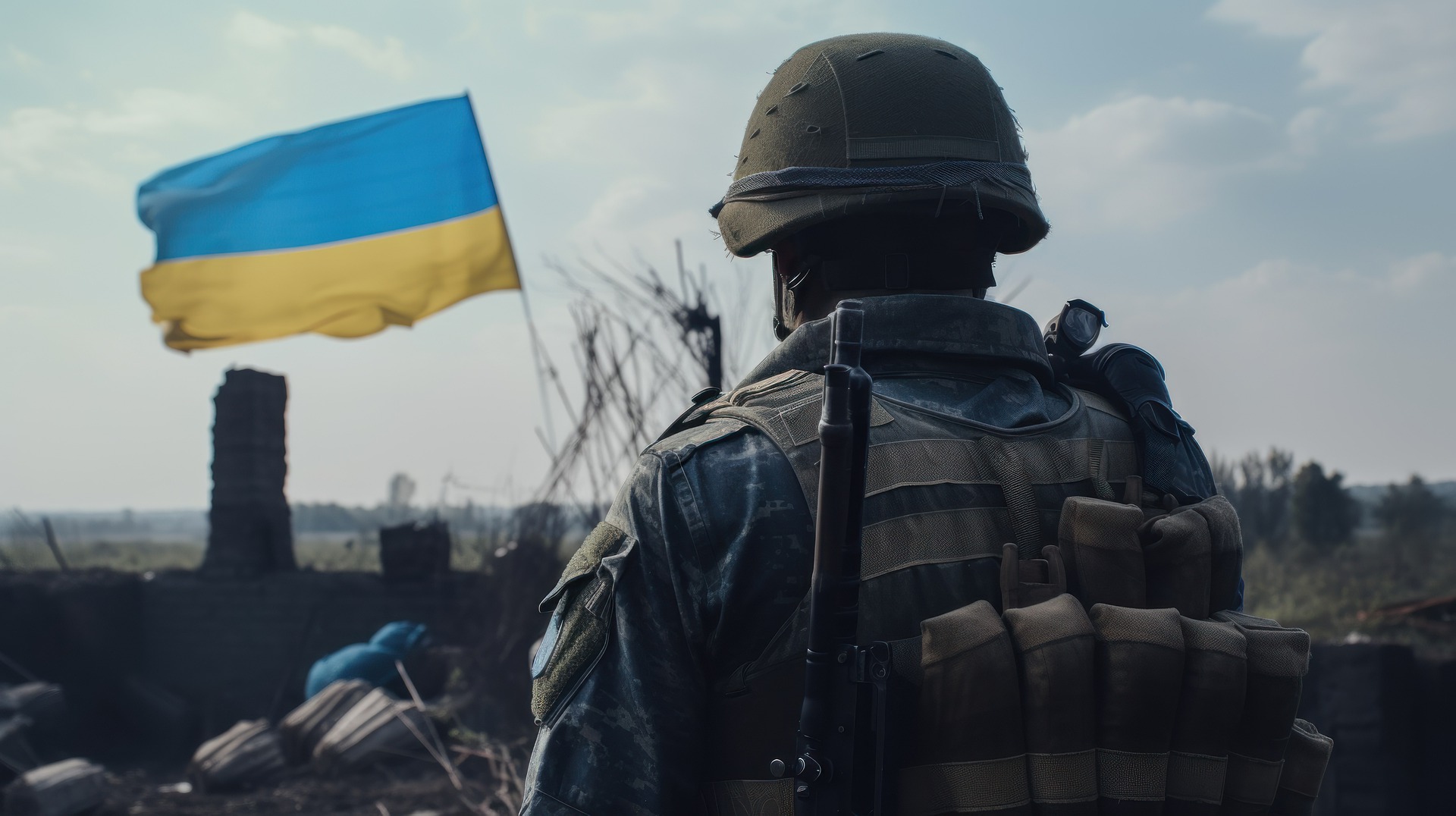
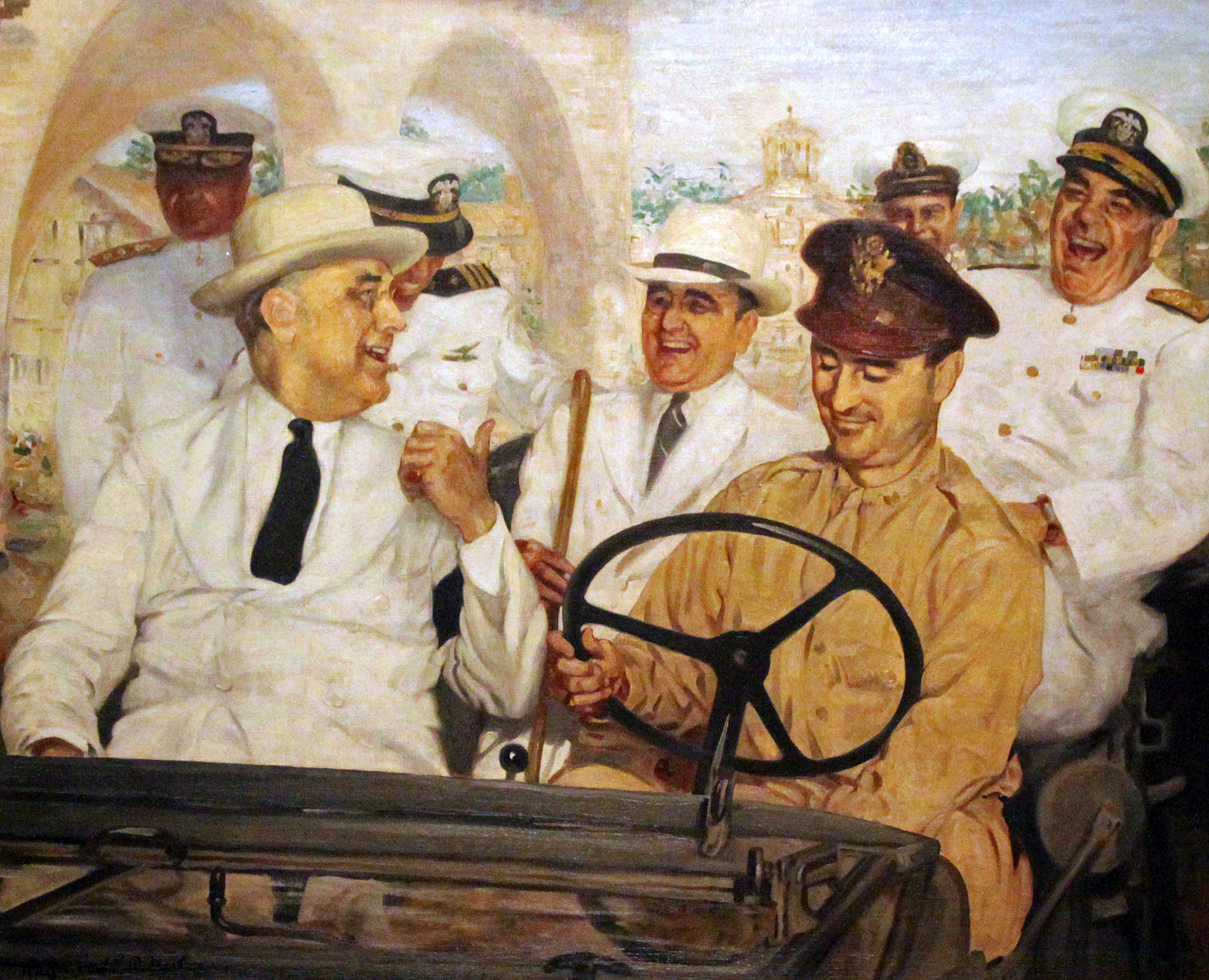
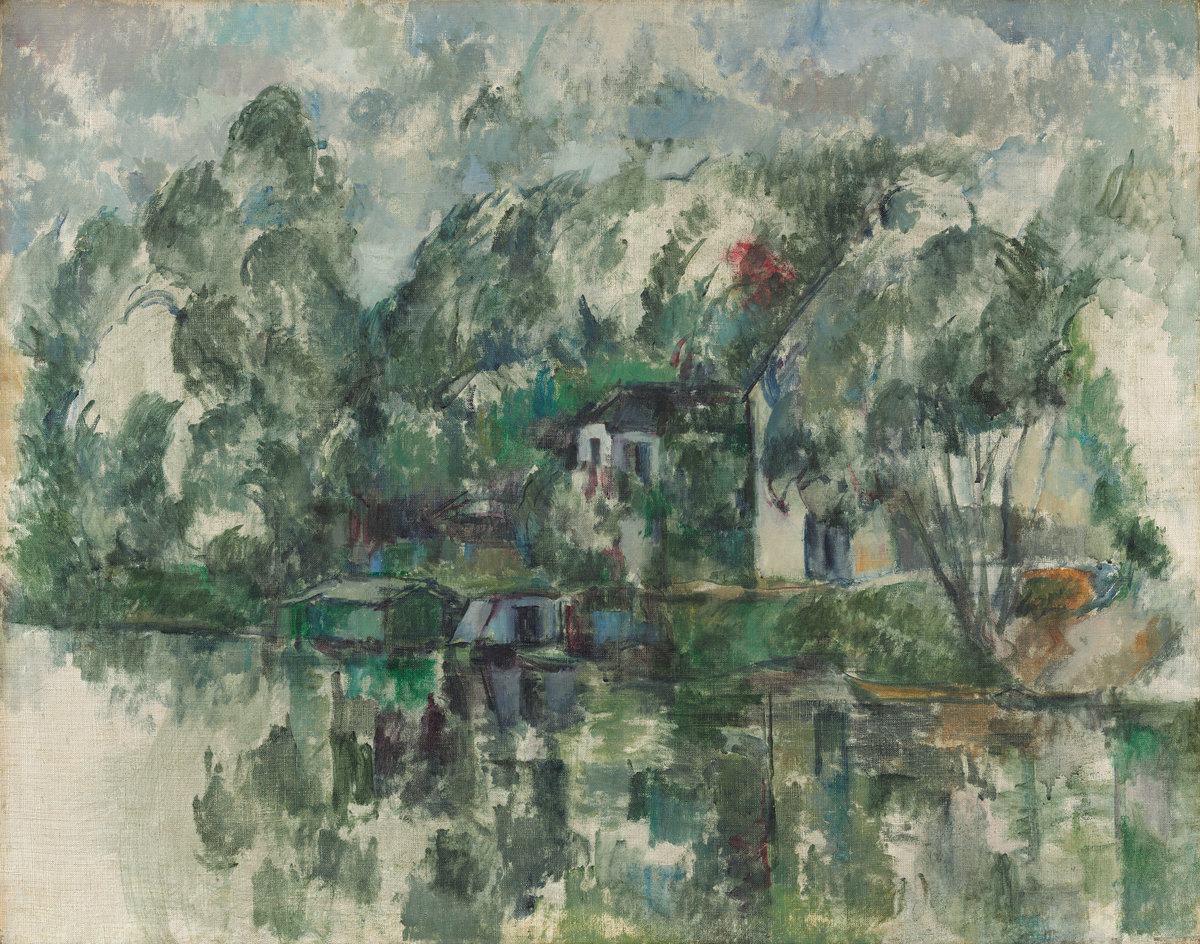
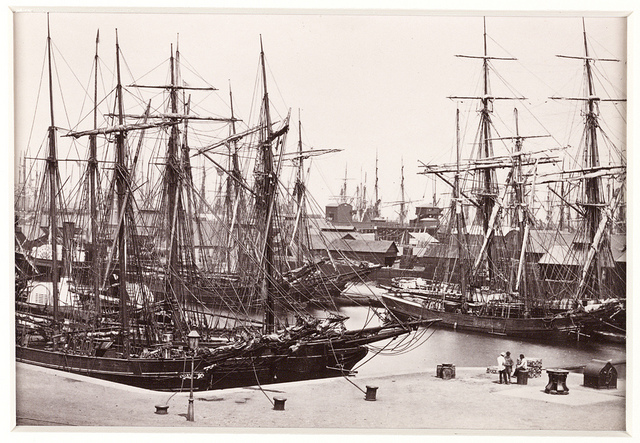
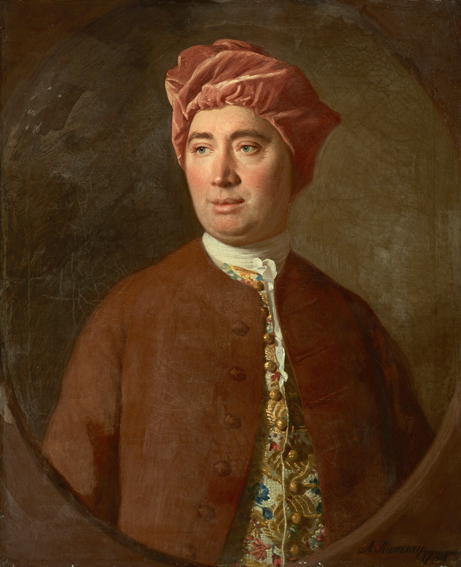

0 comments
1. What reforms should policy makers enact according to the peace and conflict literature you think is the most convincing in order to save greatest number of innocents’ lives?
2.What peace and conflict research do you think is the most groundbreaking of the last decade, and why?
How true is the assertion that drones actually have lower civilian death rates than more traditional methods? Is it even fair to make the comparison because it is so much easier for drones to hit targets than ground forces?
Why do different public agencies define terrorism differently? Would we be better off having a single definition?
Why does war not break out in cases in which, according to existing theories of civil war onset, violence technically should break out? In other words: why is there peace when we would expect war? (Other than GDP/per capita)
Does the level of ethnic fragmentation within a country affect the level of violence when conflict breaks out? Using the Arab Spring revolutions as case studies, can this possible association explain the varying degrees of conflict (from nonvoilent in some countries to very violent in others) witnessed throughout the Middle East and North Africa?
Along similar lines, does a minority group in a position of power predict higher levels of violence in suppressing popular anti-government revolutions? Was Syria’s initially nonviolent revolution thus doomed from the start? In such cases, I would think that high-level defections of important pillars of support for the ruling coalition (business elites, military officials, etc.) would be fewer and farther between, due to enhanced fear of reprisals from other ethnic groups not in power. Violent repression would thus persist and even increase on behalf of the government as it desperately hangs on to power, and the opposition would never truly benefit from military defections that could swing the chances of successful revolution in their favor.